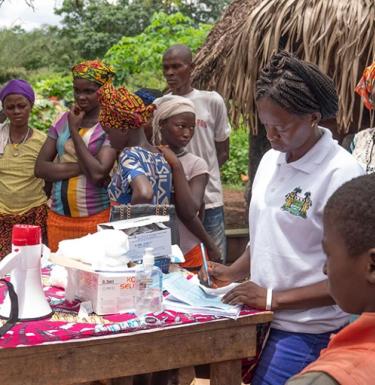
Massive public-health experiment sends vaccination rates soaring
“The investigators made a great effort to bring vaccines to remote communities,” says Jean Nachega associate professor of Infectious Diseases and Microbiology and Epidemiology.
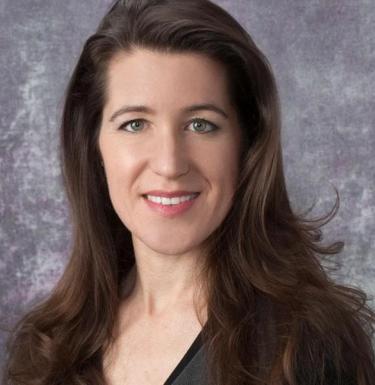
Talking with Dr. Rebecca Thurston on how sleepless nights could be putting your heart at risk
Rebecca Thurston, professor of epidemiology joined KDKA to talk about a recent study at Pitt that followed middle-aged women from across the US for more than 20 years.
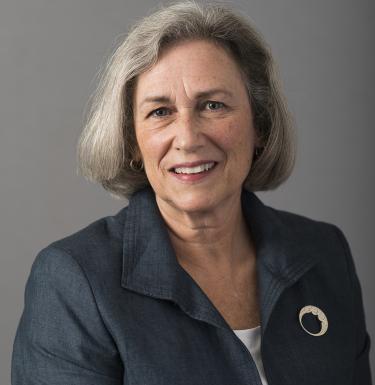
Anne Newman honored for careerlong contributions to aging research
Anne B. Newman, MD, MPH, UPMC Chair in Geroscience and distinguished professor of epidemiology in the School of Public Health, has received two awards for her decades-long research on aging and longevity.
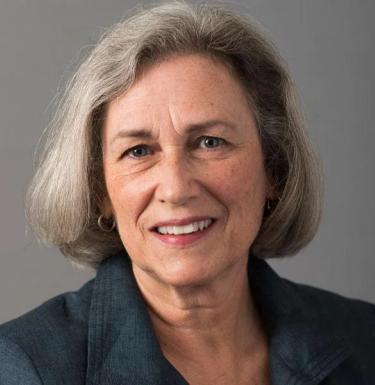
15 Pitt faculty members won 2024 Chancellor’s Distinguished Awards
Congratulations to Professor of Epidemiology Anne Newman on receiving the 2024 Chancellor’s Distinguished Award!
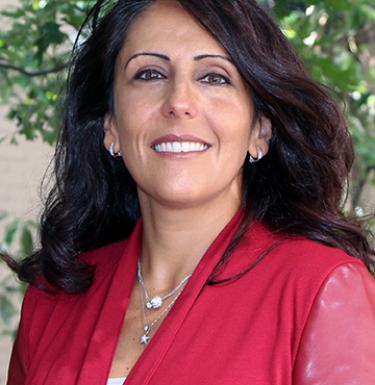
These are the 2024 Provost’s Award for Excellence in Doctoral Mentoring winners
Congratulations to Department of Epidemiology Professor Caterina Rosano on receiving the Provost’s Award for Excellence in Doctoral Mentoring!
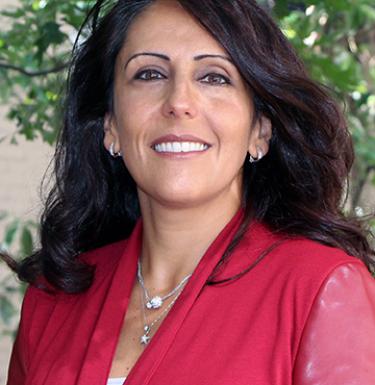
Caterina Rosano selected for 2024 Provost’s Award for Excellence in Doctoral Mentoring
Professor of Epidemiology Caterina Rosano, MD, MPH, has been honored with the 2024 Provost’s Award for Excellence in Doctoral Mentoring. This accolade is a testament to the University's commitment to fostering an environment where mentoring is held in the highest regard, recognizing individuals who exemplify outstanding guidance and support to doctoral students.

RAND scholar appointed Chair of Epidemiology at Pitt Public Health
Tamara Dubowitz, ScD, MS, MSc, a senior policy researcher at the RAND Corporation in Pittsburgh, has been appointed professor and chair of the Department of Epidemiology, effective April 15.

Mary Ganguli: How does it matter that Biden and Trump are aging? That we are?
"We really must stop conflating age and aging with disease and disability," said Professor of Epidemiology Mary Ganguli.

Nancy Glynn: One of 20 People to Know in Health Care
The Pittsburgh Business Times talked to EPI's Nancy Glynn, featuring her on their 20 People to Know in Health Care list.
Thomas Songer won the 2023 Abraham Lilienfeld Award
Thomas J. Songer, assistant professor of epidemiology, was awarded the Abraham Lilienfeld Award.

These are the type of low-carb foods that help slow weight gain, new study shows
“It’s telling people that following a low-carbohydrate diet is important, but which foods they choose to consume is also important,” said Assistant Professor of Epidemiology Samaneh Farsijani.

Faculty trio cited among top female scientists
Three Pitt Public Health faculty members ranked among the top female scientists.
Data analytics company Research.com has ranked three School of Public Health faculty members among the top 1,000 female scientists for 2023 based on their productivity, publication history and number of citations as calculated from bibliometric sources, known as the h-index.
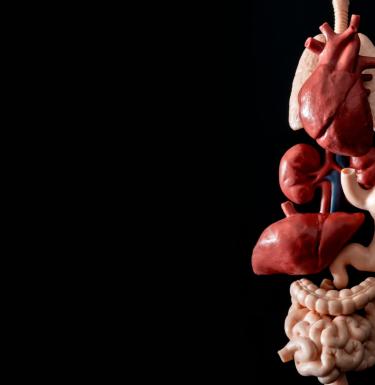
Using AI, scientists create blood test that measures organ aging and predicts disease risk
Biology of aging researchers like Professor of Epidemiology Anne Newman have studied it from both sides of the coin.

Dr. Tiffany L. Gary-Webb selected for County Executive-Elect Sara Innamorato's Transition Committee
Dr. Tiffany L. Gary-Webb appointed as co-chair of committee for Allegheny County.

How your protein needs change as you age
"People often skimp on protein at breakfast, it’s worth paying extra attention to this meal," says Samaneh Farsijani, assistant professor of epidemiology.